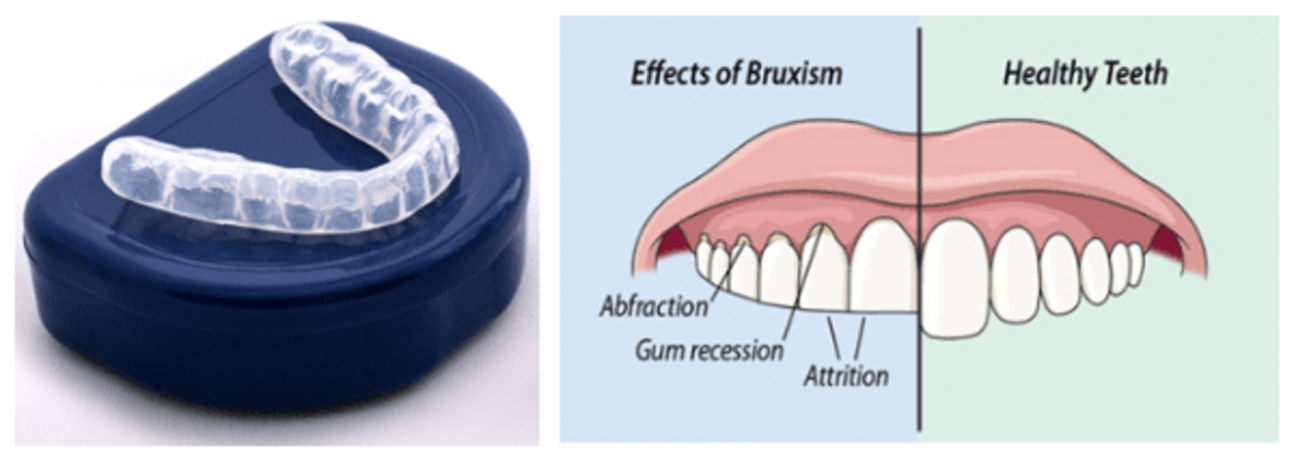In the fast-paced modern world, stress has become an unwelcome companion for many. From deadlines at work to personal obligations, the pressures of daily life can take a toll on both our mental and physical well-being.
In this issue, we will discuss the hidden link of the role of stress on oral health.
When we’re stressed, our bodies react in various ways, including increased heart rate, elevated blood pressure, and heightened levels of cortisol, the primary stress hormone. These physiological responses can manifest in several ways within the oral cavity, leading to a range of dental issues.
One of the most common consequences of stress on oral health is bruxism, or teeth grinding.
Many individuals clench or grind their teeth unconsciously, especially during sleep, when stress levels may be heightened. This habit can lead to worn tooth enamel, jaw pain, headaches, and even fractures or loosening of teeth over time.
Additionally, stress can weaken the body’s immune system, making it more susceptible to infections, including those affecting the gums. Periodontal disease, characterized by inflammation and infection of the gums and surrounding tissues, is often exacerbated by stress. Research suggests that stress can impair the body’s ability to fight off bacteria, making it harder to maintain healthy gums and prevent gum disease.
Moreover, stress can contribute to unhealthy lifestyle habits that negatively impact oral health. People under stress may be more likely to indulge in comfort foods high in sugar and carbohydrates, increasing the risk of tooth decay and cavities. This phenomenon was seen commonly during the Covid 19 lockdown periods. Furthermore, stress can lead to poor oral hygiene habits, such as neglecting regular brushing and flossing or skipping dental check-ups, further exacerbating dental problems.
The relationship between stress and oral health goes in both directions, meaning that poor oral health can also contribute to stress and vice versa.
Dental issues can cause embarrassment or discomfort, leading to heightened stress levels and exacerbating existing mental health conditions such as anxiety or depression.
Recognizing the link between stress and oral health is the first step in controlling it’s impact. Incorporating stress-reduction techniques into daily life, such as prayer, meditation, deep breathing exercises, or regular physical activity, can help manage stress levels and promote overall well-being, including oral health. Overall, the best first step in managing stress and disease is getting accurate information.
Additionally, maintaining a healthy lifestyle and practicing good oral hygiene are crucial for preventing stress-related dental problems. This includes eating a balanced diet low in sugar, brushing and flossing regularly, and scheduling routine dental check-ups.
For those experiencing severe bruxism or other stress-related dental issues, seeking professional help is essential. Dentists can provide customized treatment plans to address specific concerns, such as prescribing mouth guards to protect against teeth grinding or recommending periodontal therapy for gum disease.
In conclusion, stress can wreak havoc on oral health, leading to a range of dental problems from teeth grinding to gum disease.
By understanding the connection between stress and oral health and adopting proactive measures to manage stress and maintain good oral hygiene, individuals can safeguard their smiles and overall well-being for years to come.
Dr. Kendal V. O. Major is Founder and CEO of Center for Specialized Dentistry which is a comprehensive family dental practice operating in Nassau. He is the first Bahamian Specialist in gum diseases and dental implants since 1989. He also is a certified Fast braces provider, having attained the designation as Senior Mastership status. His practice is located at 89 Collins Avenue, Nassau at (242)325-5165 or [email protected].

Night Guard made to protect traumatized and worn teeth







